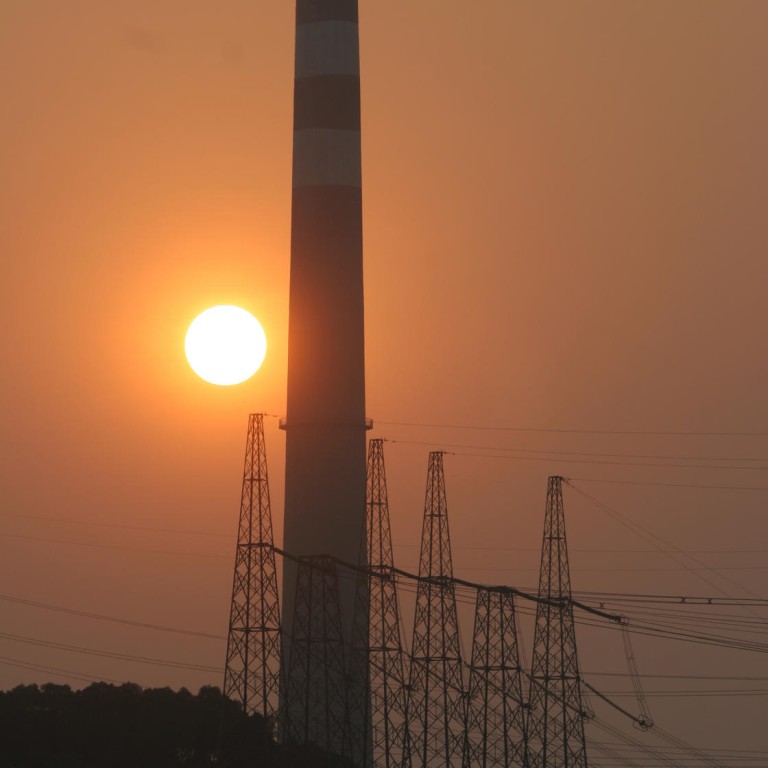
Energy policy will be transparent, says CLP chief Richard Lancaster
Chief of largest power firm says consumers will be told implications of each mix of sources
Hong Kong's energy future will rely on an "open and transparent" public consultation that will tell people the implications of their choices in favouring a particular energy mix, says the chief of the city's largest power firm.

"All implications should be made as open and transparent as possible so that the community has all the information needed to make a judgment," he said at the World Energy Congress in Daegu, South Korea, last week.
Environment Secretary Wong Kam-sing, also speaking last week, said the consultation aimed to find out the most acceptable energy mix in terms of the proportion of coal, gas, renewable and nuclear in electricity generation by the power firms.
Any decision on the future mix will have significant bearing not just on cost, but also the environment and reliability.
While the mix was a matter for policymakers, Lancaster said it should be "flexible" enough to meet challenges, including the volatility of international fuel prices. "It is important we don't lose our flexibility and close all options," he said.
In 2010, the Environment Bureau consulted on a climate-change strategy that proposed a plan for half of electricity demand to be met by nuclear fuel, 40 per cent by gas and 10 per cent by coal by 2020. But it decided to reconsider it last year after the 2011Fukushima nuclear disaster. The mix is now 54 per cent coal, 23 per cent from nuclear and 23 per cent from natural gas.
Lancaster said to ensure supply diversity, he opposed closing all coal-fired plants. "Coal is something we can reduce. But to go to the extreme of closing down coal-fired plants, it would be a bad thing for us," he said.
Lancaster also wanted to diversify local gas supply by building a liquefied natural gas terminal in eastern Shenzhen which could bring in cheaper gas from around the world when international prices dropped.
On nuclear energy imports, Lancaster acknowledged there were "genuine concerns" that needed to be addressed. But he said one way of tackling these concerns was to have a Hong Kong firm involved in developing mainland nuclear stations.
"We have higher transparency, modern Hong Kong management style, Hong Kong standards of governance to apply for nuclear power stations," he said.
Christine Loh Kung-wai, the environment undersecretary who also attended the congress, said that while "some people" in society hated nuclear, she had heard of no one who wanted to completely drop imports from the Daya Bay nuclear station.
"Instead of just telling us nuclear should not be allowed, there needs to be an objective discussion on how we look at coal and gas," she said.
Loh, however, said it would be difficult for the government to tell the public exactly what future prices would be for different fuel mixes as even the most authoritative agency in the United Nations could only provide a loose range of prices.
